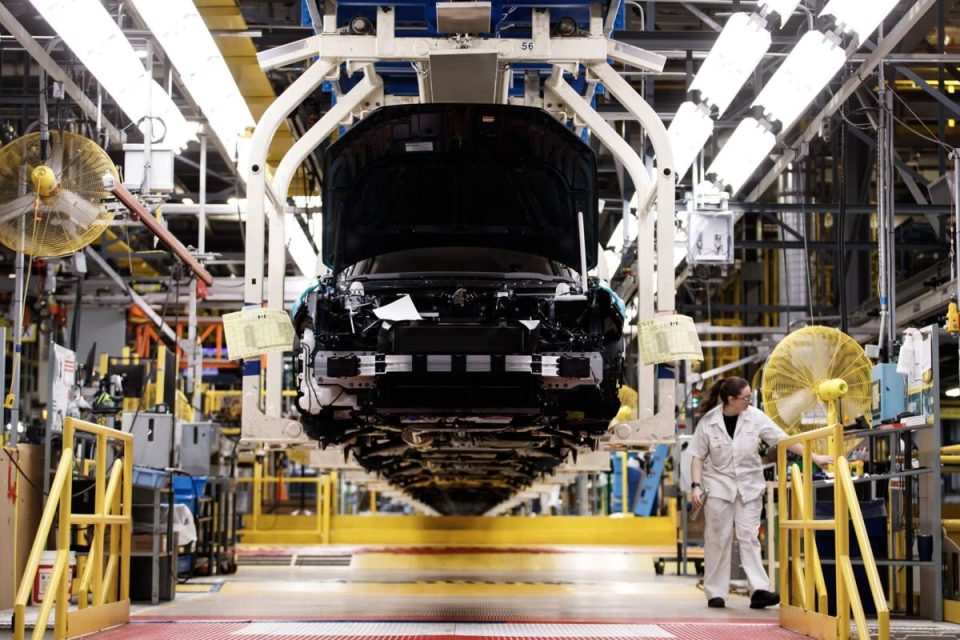U.S. automakers, viewing it as a potential threat to Canadian manufacturing jobs. The temporary reprieve, announced by the Trump administration yesterday, exempts Ford (NYSE: F), General Motors (NYSE: GM), and Stellantis (NYSE: STLA) from the 25% tariffs on imports from Canada and Mexico for one month.
Ford expressed concern that this delay might be a strategic move to encourage automakers to relocate operations to the United States. “I always worry when someone says 30-day reprieve that gives them a chance to start lining things up and planning their next move,” he stated. The Ontario Premier emphasized the need for certainty in the auto industry, which employs over 100,000 people in the province.
The tariffs, initially imposed by President Trump to address illegal immigration and drug trafficking, have sparked fears of significant disruptions to the integrated North American auto supply chain. Industry leaders warn of potential plant closures and job losses if the tariffs resume after the exemption period.
In response to the broader tariff situation, Ford has taken a firm stance alongside Canadian Prime Minister Justin Trudeau. Both leaders are aligned in their demand for complete tariff elimination rather than reductions or delays. “We will not budge. Zero tariffs and that’s it,” Ford declared.
The Ontario government, in collaboration with federal authorities, has invested heavily in attracting auto manufacturers to the province. Over the past few years, they have committed more than $50 billion to support investments from companies like Stellantis, Volkswagen, Ford, and Honda, with a focus on electric vehicles and battery manufacturing.
To underscore the seriousness of Canada’s position, Ford has even suggested drastic measures such as cutting off power supply to the United States if President Trump continues with the tariffs. This threat highlights the interconnected nature of the two economies and the potential for escalating retaliatory actions.
The auto industry reprieve comes in the context of a broader trade dispute. On March 4, 2025, the U.S. imposed 25% tariffs on most Canadian imports, with a lower 10% levy on Canadian energy. Canada swiftly responded with its own 25% retaliatory tariffs on $30 billion worth of American products.
Ford remains skeptical about the temporary nature of the auto tariff exemption. “That always concerns me when someone says, yeah, give us 30 days as we ramp up to start moving south of the border,” he commented. The Premier emphasized the complex nature of auto manufacturing, noting that parts can cross the border up to eight times during production.
As the situation unfolds, the auto industry and financial markets are closely watching developments. While stocks of the major automakers initially rose following the announcement of the exemption, economists warn that continued trade uncertainty could impact economic growth and complicate efforts to control inflation.
With the exemption set to expire on April 2, 2025, all eyes are on the Trump administration’s next move. The auto industry, along with Canadian and Ontario officials, are bracing for potential new “reciprocal” tariffs and preparing their responses to protect their economic interests in this escalating trade dispute.

